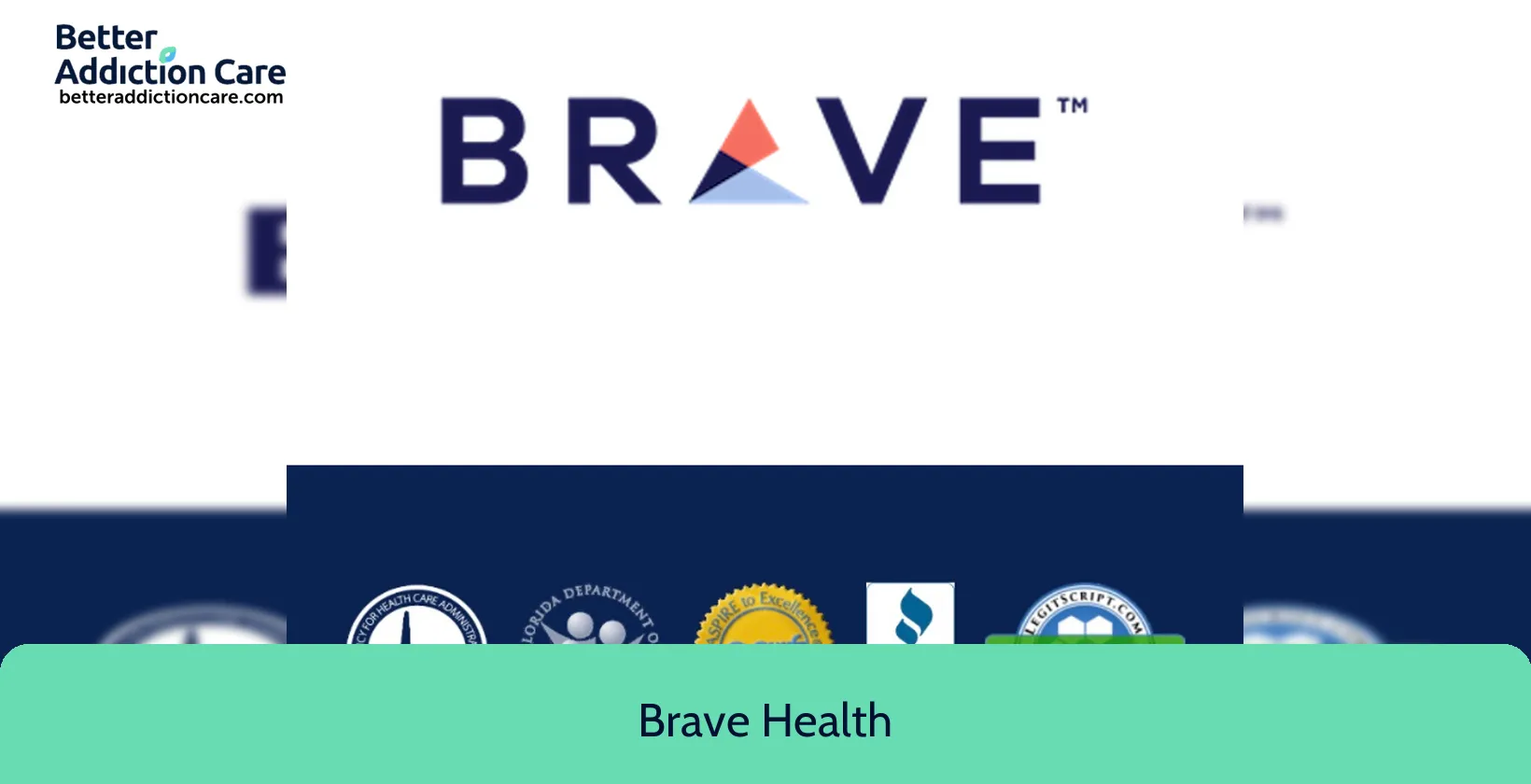Overview
Brave Health is a mental health treatment center for people seeking treatment near Miami-Dade County. As part of their treatment modalities for recovery, Brave Health provides couples/family therapy, group counseling, and cognitive behavioral therapy during treatment. Brave Health is located in Miami, Florida, accepting cash or self-payment for treatment.
Brave Health at a Glance
Payment Options
- Cash or self-payment
- Medicaid
- Medicare
- Private health insurance
Assessments
- Screening for tobacco use
- Comprehensive mental health assessment
- Comprehensive substance use assessment
Age Groups
- Seniors or older adults
- Young adults
- Children/adolescents
- Adults
- Seniors
Ancillary Services
- Case management service
- Family psychoeducation
- Psychosocial rehabilitation services
Highlights About Brave Health
6.68/10
With an overall rating of 6.68/10, this facility has following balanced range of services. Alcohol Rehabilitation: 8.00/10, Drug Rehab and Detox: 6.00/10, Insurance and Payments: 6.00/10, Treatment Options: 6.73/10.-
Alcohol Rehabilitation 8.00
-
Treatment Options 6.73
-
Drug Rehab and Detox 6.00
-
Insurance and Payments 6.00
Treatment At Brave Health
Treatment Conditions
- Mental health treatment
- Alcoholism
- Substance use treatment
- Co-occurring Disorders
Care Levels
- Outpatient
Treatment Modalities
- Couples/family therapy
- Group counseling
- Cognitive behavioral therapy
- Integrated Mental and Substance Use Disorder treatment
- Telemedicine/telehealth therapy
Ancillary Services
Languages
- Spanish
- Other languages (excluding Spanish)
- Creole
- Polish
- Russian
Special Programs
- Clients with co-occurring mental and substance use disorders
- Veterans
- Active duty military
- Members of military families
- Criminal justice (other than DUI/DWI)/Forensic clients
Get Help Now
Common Questions About Brave Health
Contact Information
Other Facilities in Miami
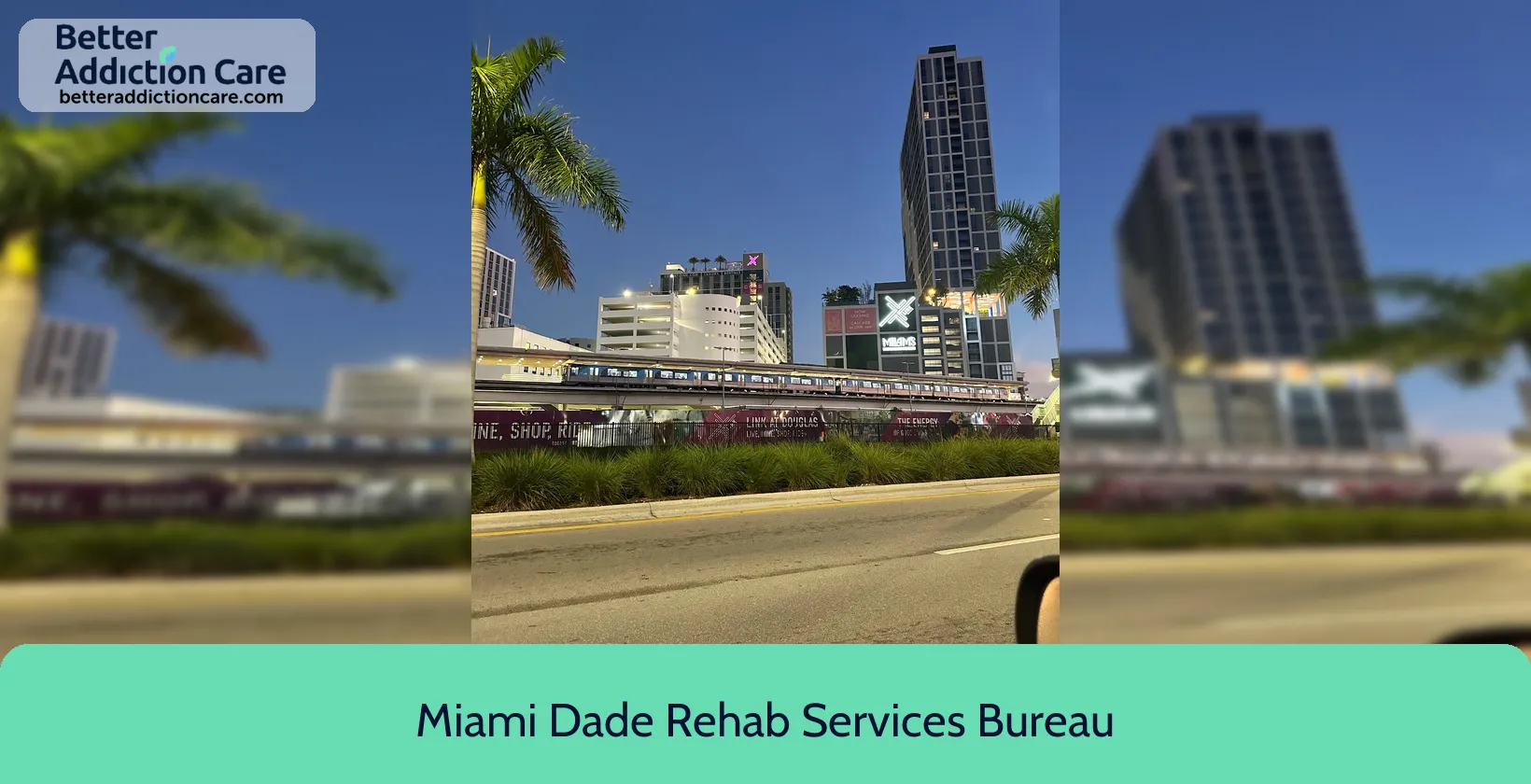
6.89

7.23
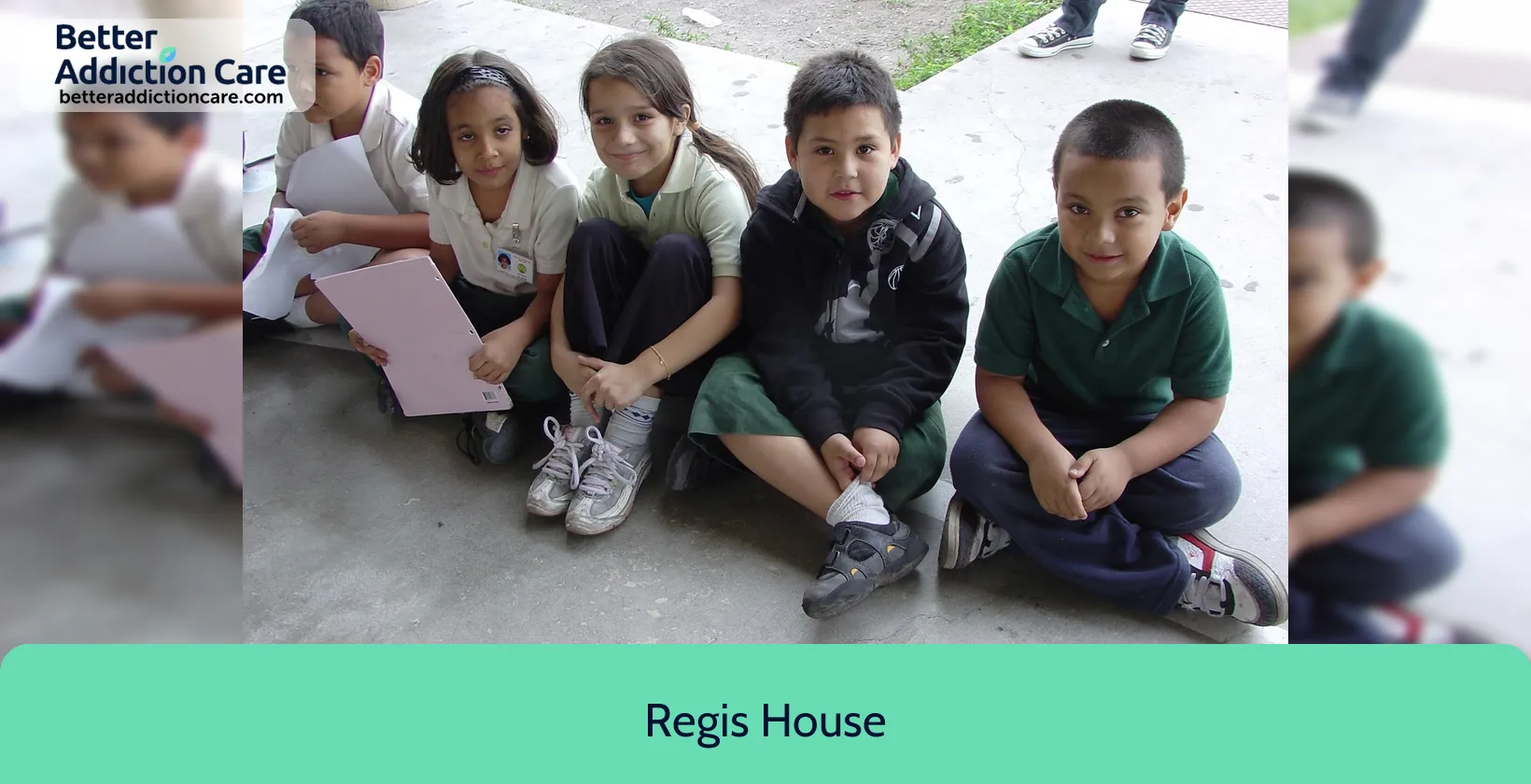
6.93

7.61
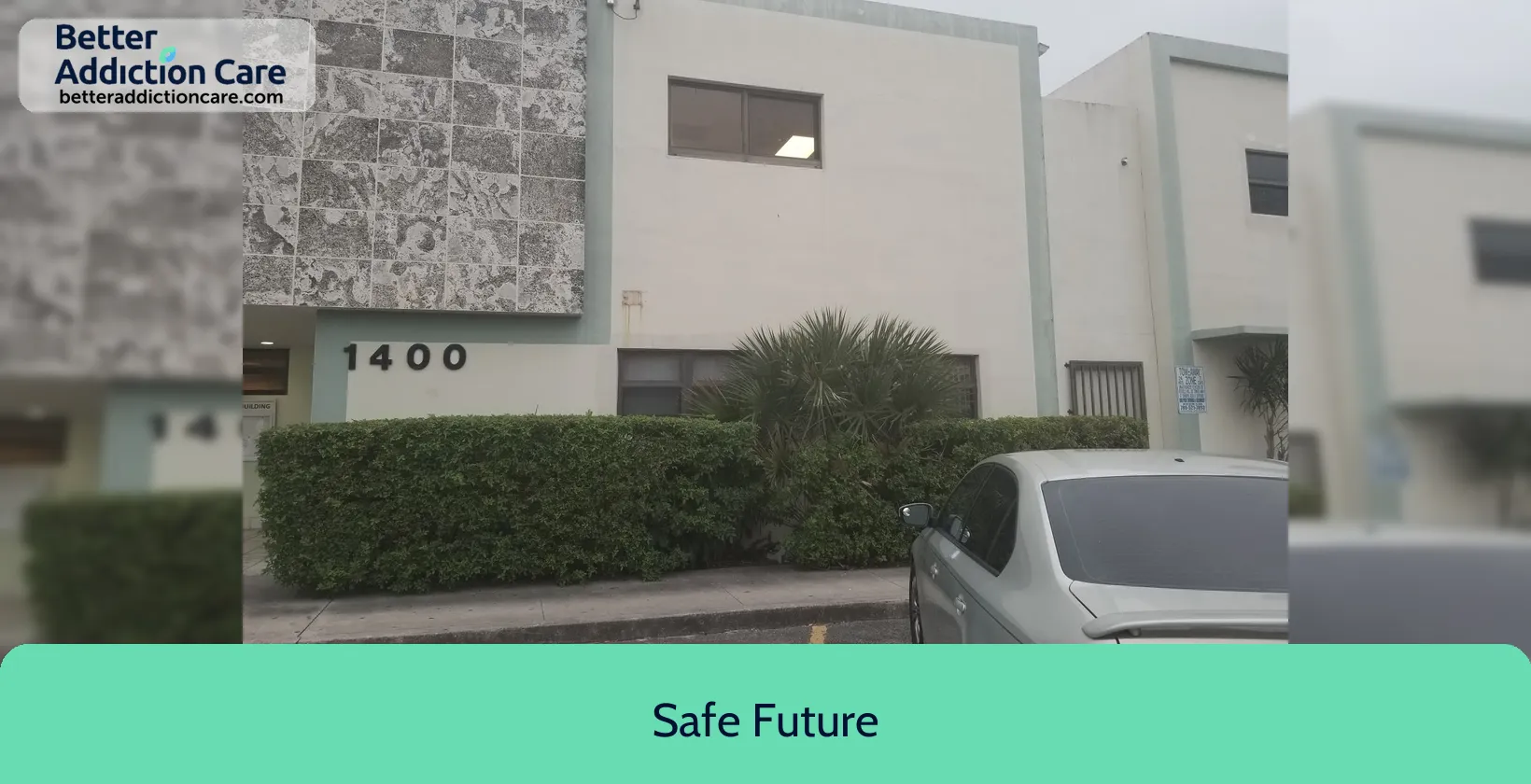
6.77

6.62
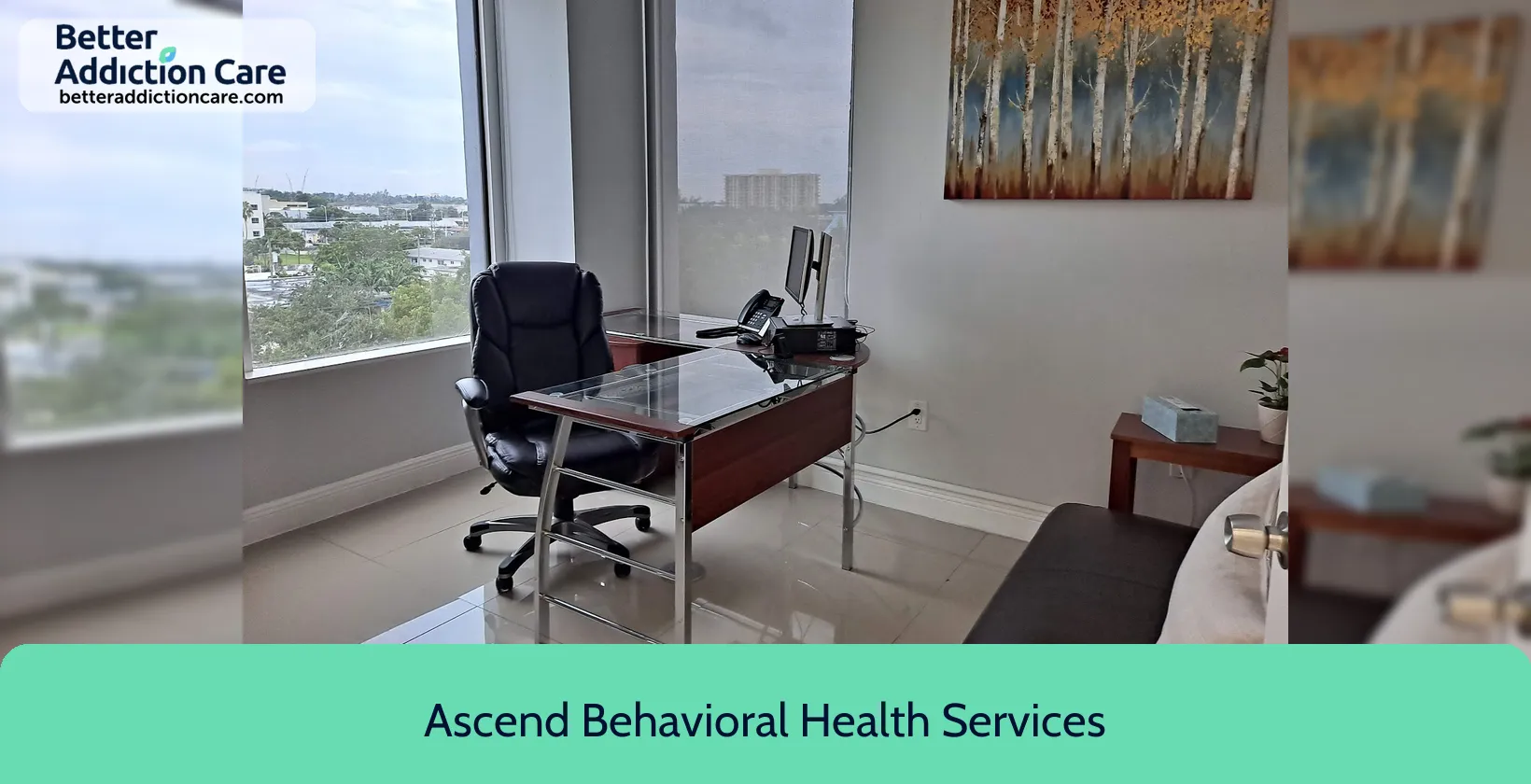
6.68
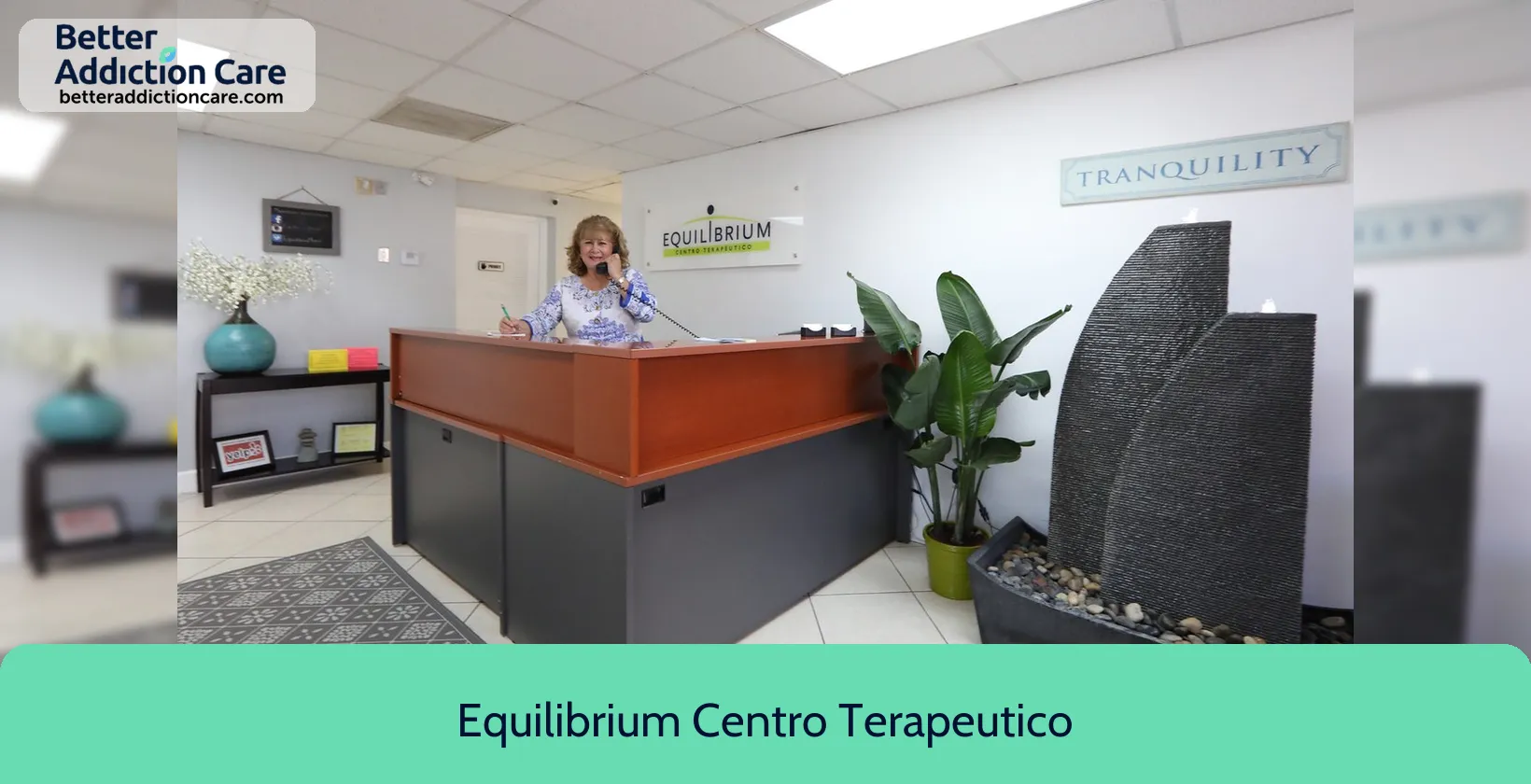
6.81
DISCLAIMER: The facility name, logo and brand are the property and registered trademarks of Equilibrium Centro Terapeutico, and are being used for identification and informational purposes only. Use of these names, logos and brands shall not imply endorsement. BetterAddictionCare.com is not affiliated with or sponsored by Equilibrium Centro Terapeutico.
